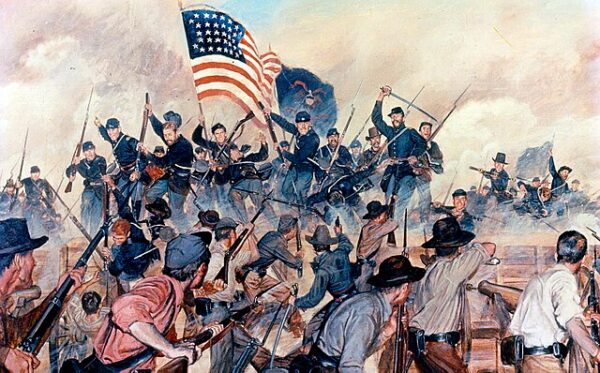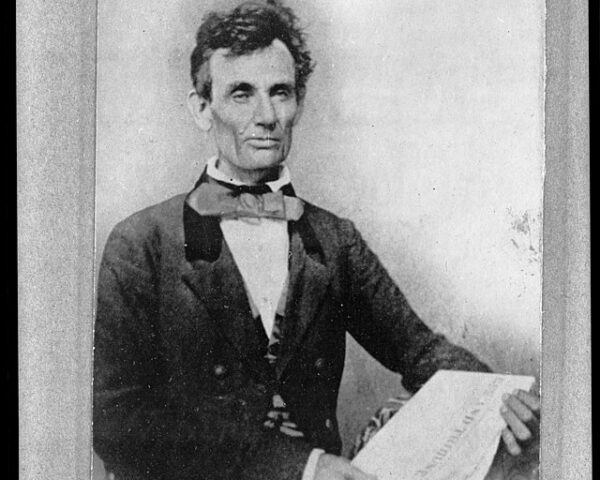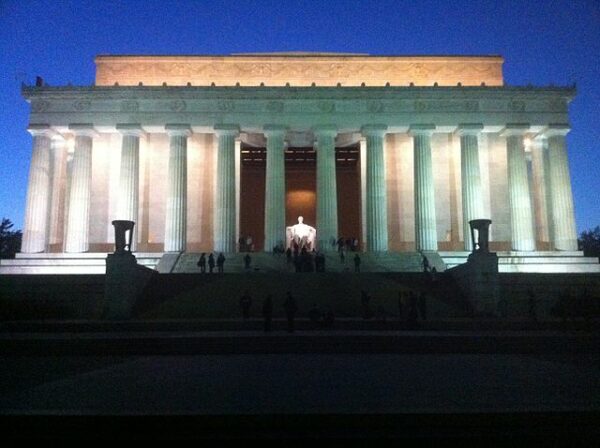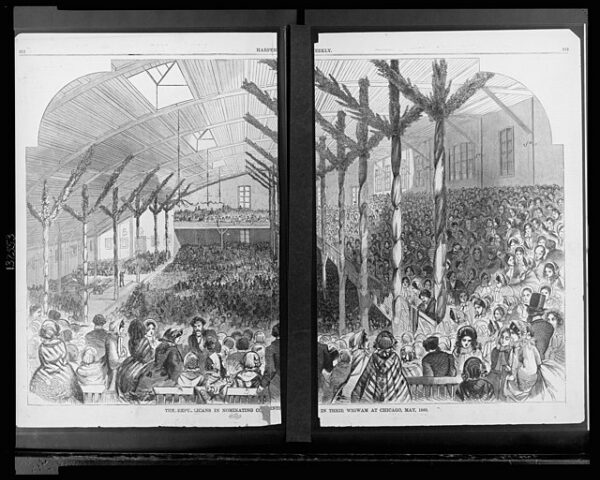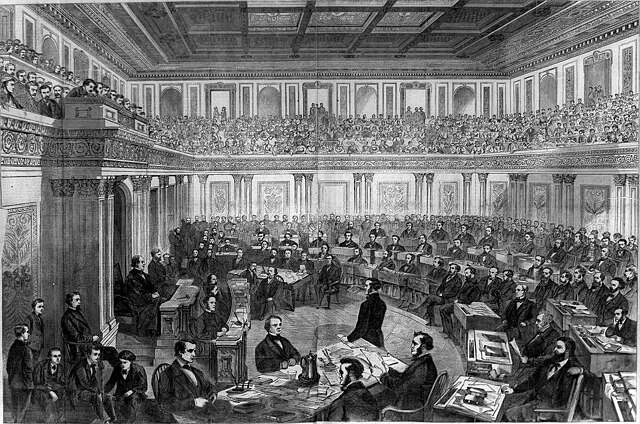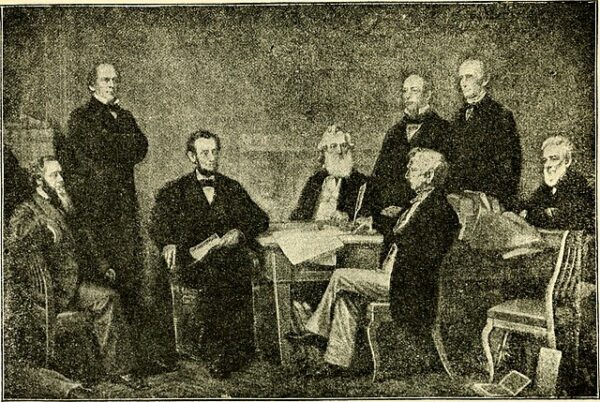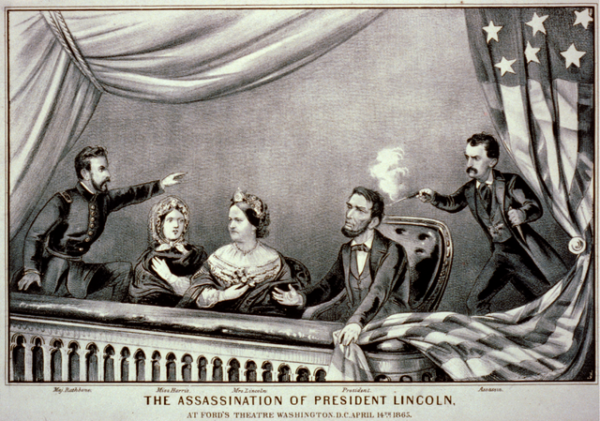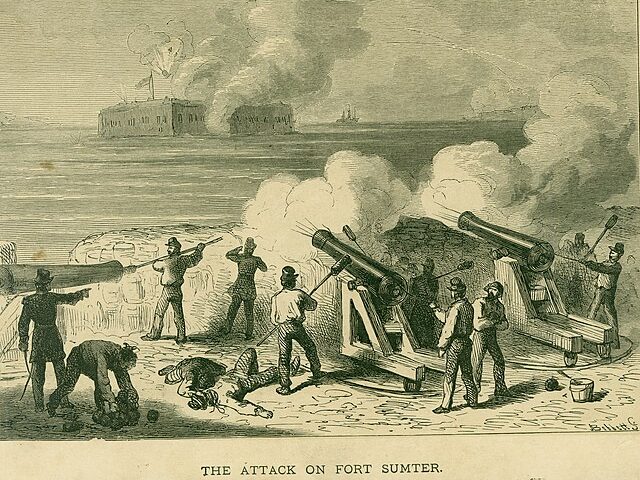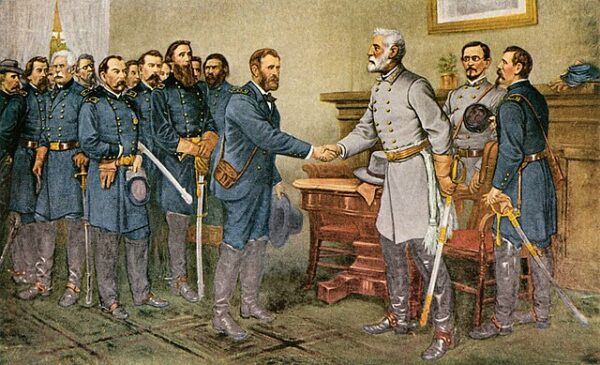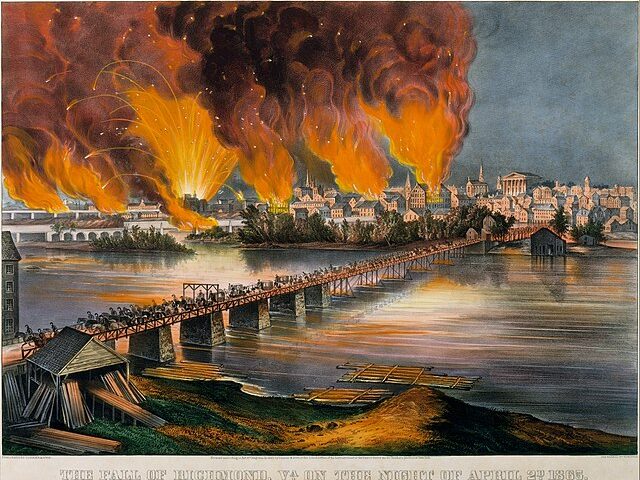On July 4, 1863, while the Union celebrated Independence Day, General Ulysses S. Grant accepted the surrender of Confederate Lieutenant General John C. Pemberton at Vicksburg, Mississippi—concluding a grueling 47-day siege and securing one of the most decisive victories of the American Civil War.…
Read MoreIn the fading light of the evening on June 16, 1858, Abraham Lincoln stepped before the Illinois Republican Convention in Springfield and delivered a speech that startled even his allies with its moral clarity and stark prognosis. Accepting his party’s nomination for the United…
Read MoreThe dedication of the Lincoln Memorial on May 30, 1922, marked the commemoration of one of the nation’s most revered presidents, Abraham Lincoln. Located on the western end of the National Mall in Washington, D.C., the massive marble monument stands as a tribute to…
Read MoreThe Republican National Convention of 1860, held from May 16 to May 18 in the bustling city of Chicago, changed the course of American history and led the nation down the road to the Civil War. This convention, taking place in the specially constructed…
Read MoreThe impeachment trial of President Andrew Johnson, the first such trial in American history, was a highly contentious and politically charged event that culminated in his acquittal on May 16, 1868. Johnson, who ascended to the presidency following the assassination of Abraham Lincoln, quickly found himself…
Read MoreOn April 15, 1861, just two days after Confederate forces attacked Fort Sumter, President Abraham Lincoln issued a call for 75,000 militia troops. His goal was to put down what he described as an uprising too strong to be handled by the courts. While…
Read MoreOn the fateful evening of April 14, 1865, President Abraham Lincoln attended a performance of the comedy play “Our American Cousin” at Ford’s Theatre in Washington, D.C. Little did he know that this seemingly ordinary night out would turn into one of the most…
Read MoreThe Battle of Fort Sumter marked the igniting point of the American Civil War, a cataclysmic conflict that tore the nation apart. Situated on an island at the entrance to Charleston Harbor, South Carolina, Fort Sumter held strategic significance as a federal stronghold in…
Read MoreOn April 9, 1865, at Appomattox Court House in Virginia, Confederate General Robert E. Lee surrendered to Union General Ulysses S. Grant, marking a critical moment in American history and effectively ending the Civil War. Lee’s decision to surrender came after several military setbacks…
Read MoreOn April 3, 1865, the end of the Civil War looked to be in reach when General Ulysses S. Grant captured the capital of the Confederacy, Richmond, Virginia. The fall of Richmond marked a pivotal moment in the war and represented the beginning of…
Read More

